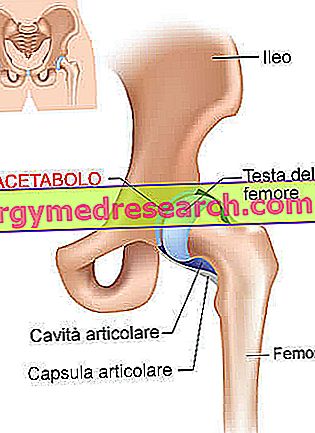Related articles: Macrocephaly
Definition
Macrocephaly is a condition characterized by an increase in head circumference compared to normal values for sex and age.
This anomaly can be highlighted in the newborn and can signal various diseases arising during embryonic development or in the first years of life.
Macrocephaly can be found, in particular, in the presence of hydrocephalus and megaloencephaly (excessive increase in the encephalic mass). In turn, these pathological conditions can result from dysfunctions of the brain circuit, alterations in cerebrospinal fluid, arrest of neuronal migration and lissencephaly.
The most common causes of neonatal macrocephaly include hydrocephalus due to congenital malformations and infections contracted in the uterus (such as toxoplasmosis, rubella and cytomegalovirus) or in the perinatal period, such as viral or bacterial meningitis.
In the first months of life, the condition may depend on skeletal system abnormalities (such as achondroplasia, Paget's disease or imperfect osteogenesis) and space-occupying intracranial lesions (eg hemorrhages, subdural hematomas and brain tumors).
Macrocephaly can also occur due to metabolic dysfunction, intoxication (eg exposure to certain drugs or fetal alcohol syndrome), storage diseases (such as mucopolysaccharidosis) or specific genetic defects (eg Simpson-Golabi-Behmel syndrome, syndrome of Alexander and Joubert's syndrome). Macrocephaly can also be associated with neurofibromatosis, tuberous sclerosis and progeria.

Possible Causes * of Macrocephaly
- Achondroplasia
- Arthrosis
- Cerebral hemorrhage
- Encephalitis
- Paget's disease
- Neurofibromatosis
- Imperfect osteogenesis
- Progeria
- Rubella
- Feto-alcohol syndrome
- Toxoplasmosis
- Zika virus



